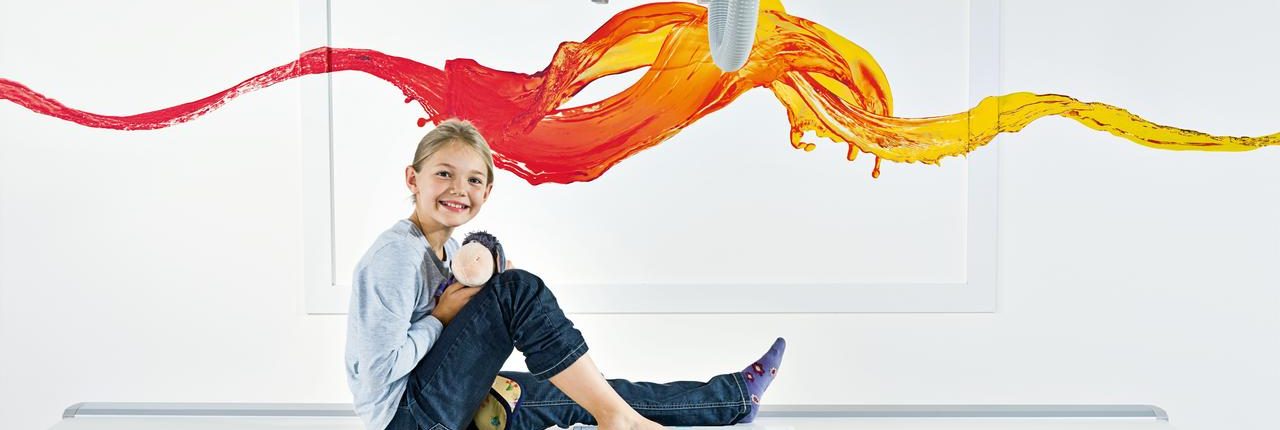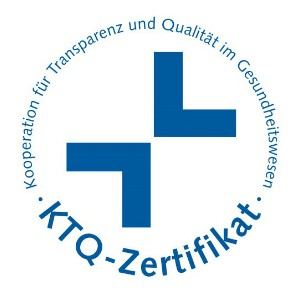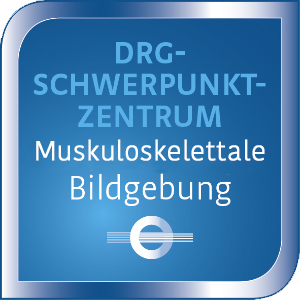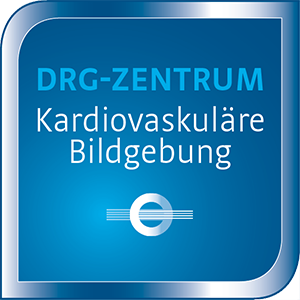Common questions about pain therapy
Common questions about pain therapy
Surely, your radiologist or treating physician has already explained a lot about th5s therapy to you. But sometimes there are unanswered questions that only occur to you later, after the initial discomposure has passed. We have collected the most common questions below.
Is the CT radiation dose for this pain therapy very high? Can’t it be done without CT?
CT controlled pain therapy is one of the most precise pain therapies that patients can be offered today, specifically because the therapy is performed under CT. Precise monitoring of the location relative to the surrounding vessels and important structures is possible using this method. Damage to other structures is therefore very improbable and the correct location of the therapy “at the point it occurs” can be seen and possibly optimized before application of the medication. This makes an optimal therapy result possible for the patient.
The CT is performed using ultra-low-dose technology, because this is not a diagnostic CT but rather is exclusively focused on the correct position of the therapy needle. With the latest developments, we can provide our patients with this extremely low dose with our latest-generation CT. Click here to learn more about our high-end spiral CT …
Administration of high-precision pain therapy without monitoring by a high-precision diagnostic method therefore does not make much sense, in our opinion.
When should I not use this pain therapy? Are there contraindications?
CT-controlled pain therapy is one of the most precise pain therapies, with contraindications, which are also known from other interventions. The patient should not have an elevated risk of bleeding or be allergic to any of the medications used.
It is important to note that an accompanying person must be present for PRT, because walking will be impaired for 6-8 hours.





